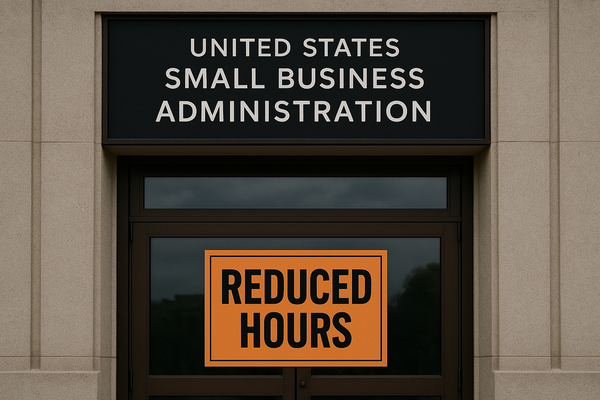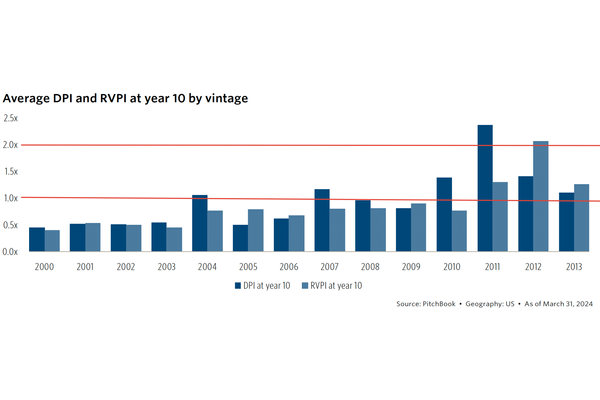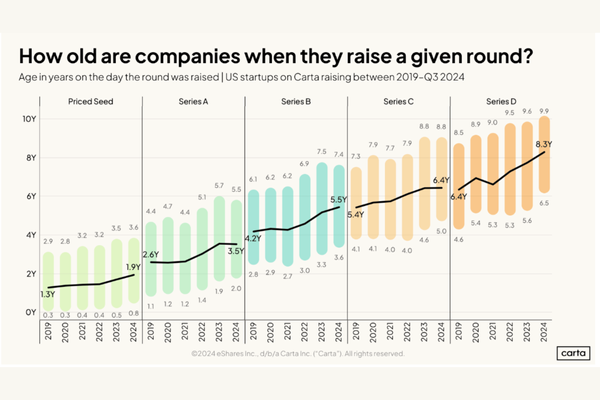The WeWork IPO - A Fascinating Look At Hype, Greed and The Popping of a Unicorn Bubble
You should be paying attention to the story of the collapsing WeWork IPO. It's a fascinating look at all that can go wrong when a company that is overhyped and overvalued is exposed before they can get through the IPO process.
WeWork's most recent valuation was $47 billion, driven primarily by investments of over $10 billion by Softbank over the past couple of years. But negative analysis of the company since the release of its prospectus and increasing skepticism of the company's prospects and business practices has WeWork now targeting a lower IPO valuation of $20 - $30 billion.
Many believe the company is going to have to pull its IPO entirely for now.
Rumors are circulating that they will try to raise additional funds from Softbank until the markets are more receptive. Softbank will be in a tough spot. With so much now invested in the company, if WeWork does decide they can't go public now, Softbank will need to ensure the company has enough cash until the company can try again.
What happened? There are a few things at play here.
Inflated Valuation
I wrote a post earlier this week that noted that for quite some time, digital media and e-commerce companies pitched themselves as tech companies to drive up investor interest and valuation. WeWork is still playing that same game, but they have turned the volume up to 11. They use terms such as ‘Space as a Service' and describe their customers as ‘Members'.
WeWork created their own financial metrics, such as 'Community-based EBITDA', which excludes all kinds of core expenses.
In terms of driving valuation through multiple rounds of fundraising, it all worked. That $47 billion valuation sits on top of only $3 billion in revenue. That's a 15.6x multiple.
But what if instead of using terms like 'Space as a Service' and 'Members', we described WeWork in simpler terms. WeWork takes on office space and building leases that last 10 - 30 years, and then turns around and leases out desks to individuals, startups. and companies looking for flexible expansion space, with terms as short as one month.
So WeWork is on the hook for billions in future lease payments, but their customers can cancel with 30 days notice. How recession-proof is that business?
Look at the comps of businesses similar to that description of WeWork, and you'll see companies that are trading at 1x - 2x revenue. Not 15x!
The Unicorn Bubble Had Already Popped For Lyft and Uber
The poor performance of the Uber and Lyft IPO's this year does not help. People are paying more attention now to companies that are losing billions to try to drive top-line growth. We are increasingly skeptical that some of these business models will ever be able to generate profits and cash flow. Uber went public at $45 per share and now trades just north of $32. Lyft's stock price was $72 at their IPO, rose as high as $88 on that day, and today trades at $46. Ouch!
Poor Corporate Governance Feeds Founder Greed
While I think valuation inflation and the poor performance of Lyft and Uber had a big impact on this collapsing IPO, for me the red flag is the behavior of Adam Neumann, WeWork's founder and CEO. As the prospectus for the IPO was circulated, two important facts quickly came out.
Adam has pulled more than $700 million off the table, either through the selling of his shares or by taking on debt secured by his stock at an inflated valuation. $700 million!
At the same time he wants to go to the public markets and ask pension funds and your mom and dad to buy his company's stock, he's taken $700 million off of the table.
Now, I'm all for founders getting the chance to take a little bit of cash off through secondary sales from time to time. When done right, it can take a lot of pressure off of founders and give them the space to build their company in a smart way.
But $700 million! That's crazy.
What's even more telling about the corporate governance at WeWork is the much smaller deal between Adam and the company. The company decided it should own the 'We' trademark. It turns out that Adam owned this trademark, and the company paid him $5.9 million to buy the rights.
That's right. After taking $700 million off of the table, Adam had the company pay him $5.9 million to buy the rights to the 'We' name.
This created such an outcry from the investment community, it has been reported that Adam will return this payment to the company.
Some of the best coverage of this unraveling IPO has come from Scott Galloway. He wrote a great piece a couple of weeks ago that was one of the first to call out a lot of the problems with this IPO. If you're interested in this story, it's worth taking the time to read.
I think the worst part of this is that it perpetuates the view that high growth startups have become part of a big Ponzi scheme, where the goal is to get to the IPO so that bankers and founders can make a ton of cash, while the public is left with shares that may never reach the heights of that initial stock price.
While Travis Kalanick, the ousted founder of Uber, buys his $37 million Soho penthouse, the stock price falls and drivers struggle to make a living wage. And Adam Neumann keeps his $700 million. At least for now.
For most of us, this isn't what entrepreneurship is all about. We want to build great, enduring companies that make a positive impact in the world.
Stories like WeWork might make a terrific HBO series about founders and greed, but it's far removed from the world of startups and entrepreneurship that the rest of us live in.




